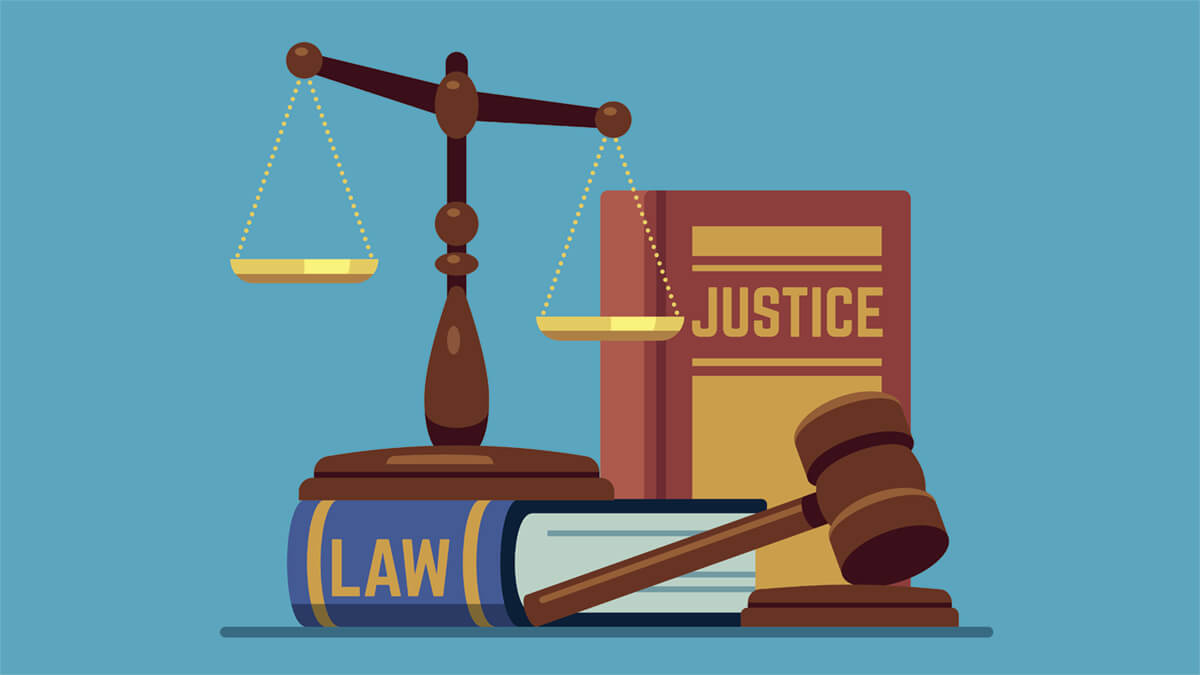Few aspects of U.S. history are more troubled than the nation’s relationship with the continent’s native peoples. In many ways, that troubled history continues. The tribes that survived a century-plus of land seizure, war, famine, and disease now live on reservations, where a system of unique laws determines when and how a tribe can govern itself, and when it must submit to outside authority. Of all the many laws comprising this system, perhaps none is more controversial than Public Law 280.
What Is PL 280?
The reservation system was established through various treaties and federal acts, creating semi-sovereign territories for native tribes. While the federal government retained certain law-enforcement authority over reservations, the states were supposed to have none. PL 280 changed that.
Passed by the federal government in 1953, without the consent of any tribe, PL 280 gave six states law-enforcement authority over crimes that occur on reservations. The law also allowed other states to opt in to the new system. This significantly changed criminal justice on reservations.
What Are the Criminal Justice Implications of PL 280?
Before PL 280, when a minor crime occurred on a reservation, the tribe had the authority to investigate the offense and try, convict, and jail the accused. In instances of major crimes, such as murders and kidnappings, the Bureau of Indian Affairs and the FBI had the authority to join the investigation and press charges. In non-PL 280 states, that’s still the basic structure of the criminal justice system for reservations. But in PL 280 states, it’s much more complicated.
When any crime occurs on a reservation in a PL 280 state, local sheriffs and state law enforcement are permitted to come on to the reservation, investigate the crime, and arrest the accused. Furthermore, they can try the accused in the state court system. However, this authority only pertains to violations of state and local laws. Most reservations still have their own codes, which they can enforce autonomously.
The result is a complex matrix of laws and enforcement powers, which many tribes see as a violation of their sovereignty and a breaking of the promises made during the initial establishment of reservations. Unfortunately for the tribes, they have no power to change the law, and efforts to repeal PL 280 have never gained significant traction.
Which States Are Under PL 280?
The six original states covered under PL 280 include: Alaska, California, Minnesota, Nebraska, Oregon, and Wisconsin.
Since then, ten other states have opted in to all or part of PL 280. These include: Arizona, Florida, Idaho, Iowa, Montana, Nevada, North Dakota, South Dakota, Utah, and Washington.
How Can You Learn More About Criminal Justice and Start a Criminal Justice Career?
As PL 280 shows, our criminal justice system is complex—which is why every state needs criminal justice professionals with a strong understanding of the law and criminology. If you want to qualify for one of the many criminal justice jobs or law enforcement jobs in your state, you should consider earning a criminal justice degree such as a BS in Criminal Justice.
When you earn a bachelor’s in criminal justice, you can gain the knowledge and skills you need for a career in criminal justice or a related field. But being a criminal justice major doesn’t require you to upend your life. Thanks to online education, you can earn your BS degree from the convenience of your home. Plus, online learning allows you to complete your coursework at whatever time of day works best for you, giving you the ability to continue working full time while you complete your degree.
With all the reservation, city, county, and federal laws, there are numerous careers involving criminal justice—careers you can pursue when you earn a BS in Criminal Justice from an online university.
Walden University is an accredited institution offering a BS in Criminal Justice degree program online. Expand your career options and earn your degree in a convenient, flexible format that fits your busy life.
Walden University is accredited by The Higher Learning Commission, www.hlcommission.org.




